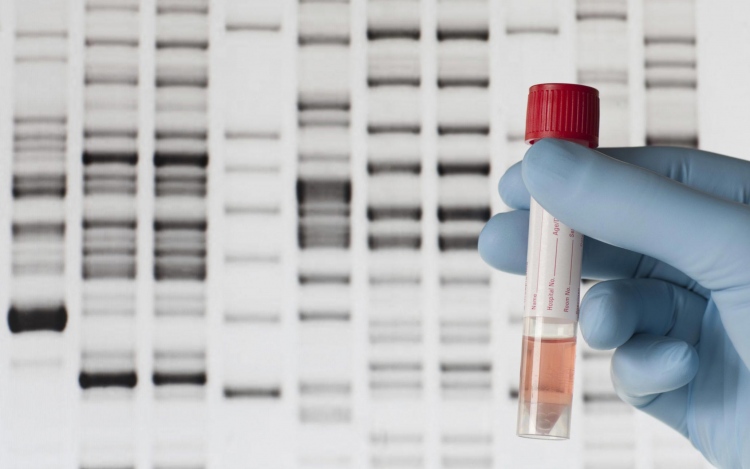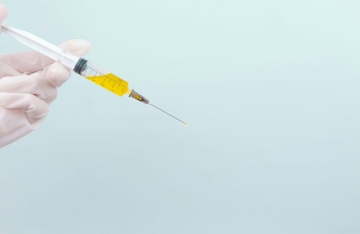It has never been easier to get a DNA test. Do a quick Google search and you will find hundreds of commercial DNA testing companies charging as little as $120 for a paternity test. You don’t even have to visit a lab or a hospital – most companies will send a testing kit direct to your door and let you return your samples in the mail.
If you or someone close to you is considering getting a DNA test, here’s 6 questions you should ask first.
1. Is the laboratory accredited?
Whichever testing lab you choose, they must be properly accredited. If they’re not, then their results cannot be trusted – it’s as simple as that! A trustworthy lab will be ISO accredited. ISO is an internationally recognized quality standard that ensures a company has adequate quality controls and procedures in place. DNA testing labs should have the ISO 17025 accreditation, which applies specifically to “testing and calibration laboratories”.
Take a look at the company’s website – how long have they been trading? Do they clearly display a postal address and a customer service phone number? Do they have a complaints procedure? It’s also a good idea to check out reviews on independent websites such as TrustPilot and DNA Testing Choice.
2. Is your test going to be for legal purposes?
Testing companies generally offer two types of tests – a quick & easy home DNA test often referred to as a “Peace of Mind” test and a more expensive “Legal” test.
A home test can be done in private with no witnesses. The test results are still valid & accurate, but because there’s no way to prove the samples came from the right people, this kind of test will not hold up in court.
A legal test must be carried out by a medical professional or a trained sample collector. The collector will check everybody’s ID and make sure all the relevant paperwork is filled out properly. On top of this, the DNA samples will be transported back to the lab under a controlled chain of custody. Legal tests are valid in court (provided that the testing lab is accredited) and can be used to support child custody disputes, immigration matters and so on.
3. Is consent needed?
Contrary to what TV shows and movies would have you believe, you cannot obtain somebody’s DNA and send it away for testing unless you have their consent. Every adult involved must agree to be tested and sign a consent form. For children, an adult with parental responsibility must sign on the child’s behalf.
4. What samples are needed? And how are they taken?
Most types of DNA tests require a buccal swab. A sterile cotton swab (imagine a large Q-tip) is rubbed on the inside of the donor’s cheek. This is a quick & painless procedure used to collect buccal cells. The swab is then sealed in a sterile container and sent away for testing. A sample is taken from each person involved in the test – so for example, with a paternity test, one sample is taken from the child and another sample is taken from the alleged father.
An unborn child can also be tested using a blood sample from the pregnant mother – this is known as non-invasive prenatal paternity testing. Scientists can isolate small traces of the baby’s DNA in the mother’s bloodstream and compare it to the father’s DNA. This is a relatively new type of test – you can find out more about prenatal testing in this article.
5. How long does it take to get the results?
It can vary wildly between testing companies. Some simply act as middlemen and outsource their testing to a foreign lab. If this is the case, your results could take several days or even weeks to arrive. On the other hand, some companies operate their own lab, employ their own scientists and keep the whole operation in-house. These companies are usually quicker, and some even offer same-day results for an extra fee.
Where you live also makes a big difference. If you live far away from the testing lab (or in a different county), it’s going to take time for the testing kit to get shipped to your home address, and the same amount of time to get back to the lab. Companies that offer a same-day service will process the samples on the day they arrive at the lab – not necessarily of the day that you send them.
Note that most labs release the test results via a secure email – so there’s no waiting around for your results to arrive in the mail.
6. Do you really want to know the answer?
Finally, are you really prepared to know the truth? The results of a paternity test can have a huge potential impact on you, your relationship with your partner and the rest of your family. Are you mentally and emotionally prepared if the result isn’t what you were expecting or hoping for? Think long and hard about the consequences of having a test done, discuss it with your family if appropriate, and seek advice from a doctor or a counseling service.




